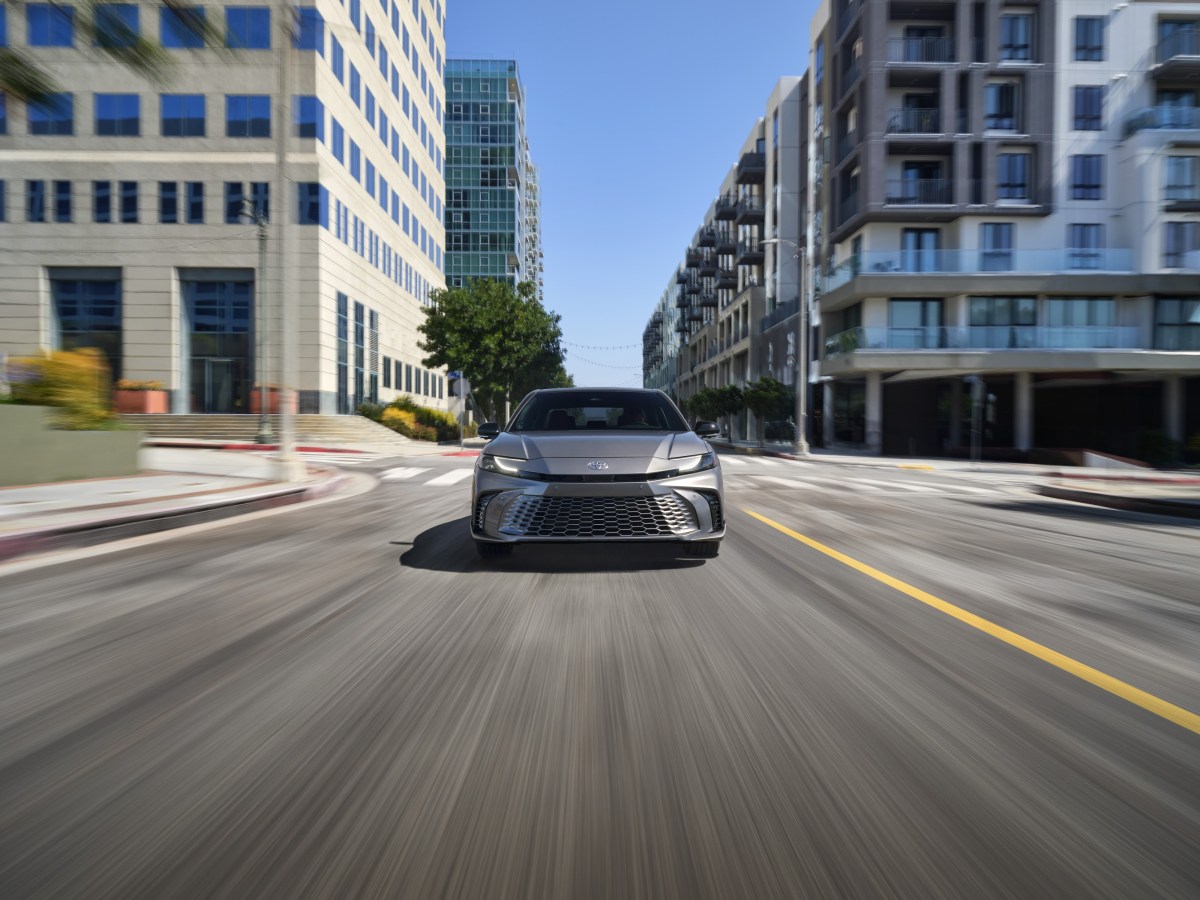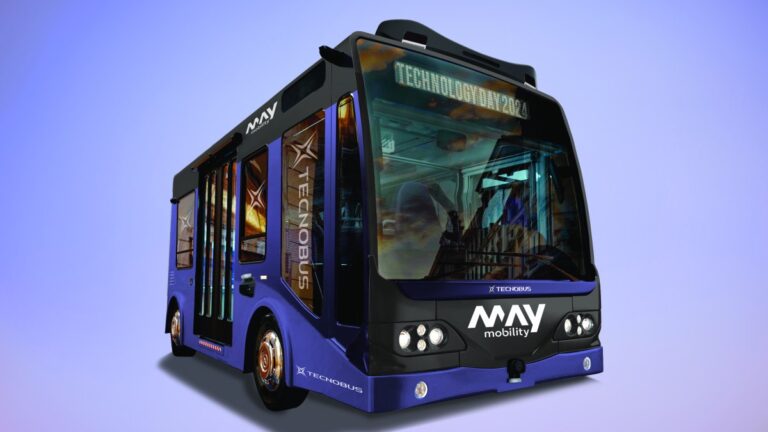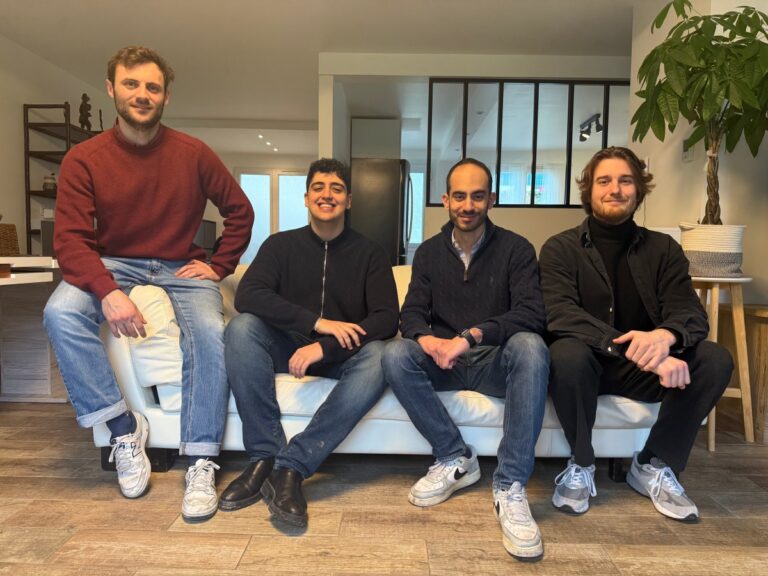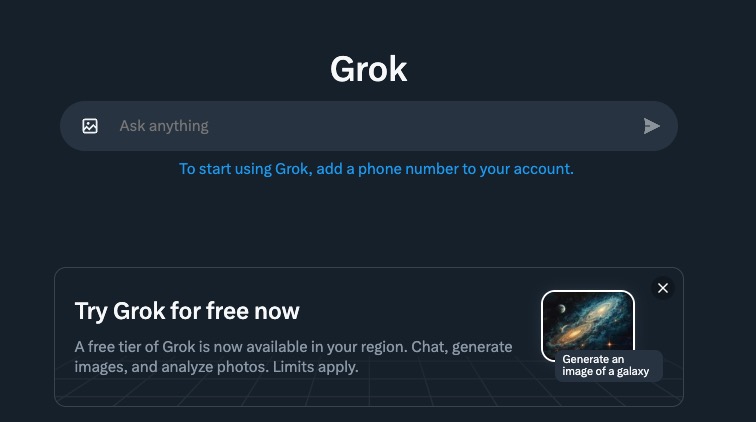Toyota’s next-generation cars will be built with Nvidia supercomputers and operating system
Toyota announced at CES 2025 that its next-generation vehicles will have automated driving capabilities powered by Nvidia’s Drive AGX Orin supercomputer and safety-focused operating system, DriveOS.
TechCrunch has reached out to Toyota to learn more about the automaker’s plans to deploy vehicles with autonomous capabilities.
DriveOS is the operating system for Nvidia’s autonomous vehicle platform that promises safe, real-time AI processing and integration of advanced driving and cockpit features.
Nvidia’s Drive AGX in-vehicle supercomputer, which processes real-time sensor data, is just one of the three computers that make up Nvidia’s end-to-end self-driving toolkit. The other two are Nvidia DGX for training AI models and software stacks, and the Nvidia Omniverse platform to test AV software and generate synthetic data in simulation.
Toyota has been a customer of Nvidia’s other two cloud-based computing systems for years. In 2019, the Toyota Research Institute began using Nvidia’s technology to develop, train, and validate its autonomous vehicle technology. Two years prior, the companies shared plans to put Nvidia supercomputers on future Toyota vehicles to power autonomous driving systems.
“Toyota is actually a great example of our cloud-to-car strategy,” Ali Kani, vice president of automotive at Nvidia, said Monday during a press briefing. “We had already partnered with Toyota in the cloud, and now we’re excited to extend that partnership and work with them in the car.”
Toyota isn’t the only one. Also at CES 2025, autonomous vehicle technology startup Aurora Innovation and automotive supplier Continental announced a long-term partnership to deploy driverless trucks at scale powered by the Nvidia Drive Thor system-on-a-chip.
With Nvidia’s range of platforms spanning from training to simulation to compute, Nvidia expects its automotive vertical business to grow to about $5 billion in fiscal year 2026.







